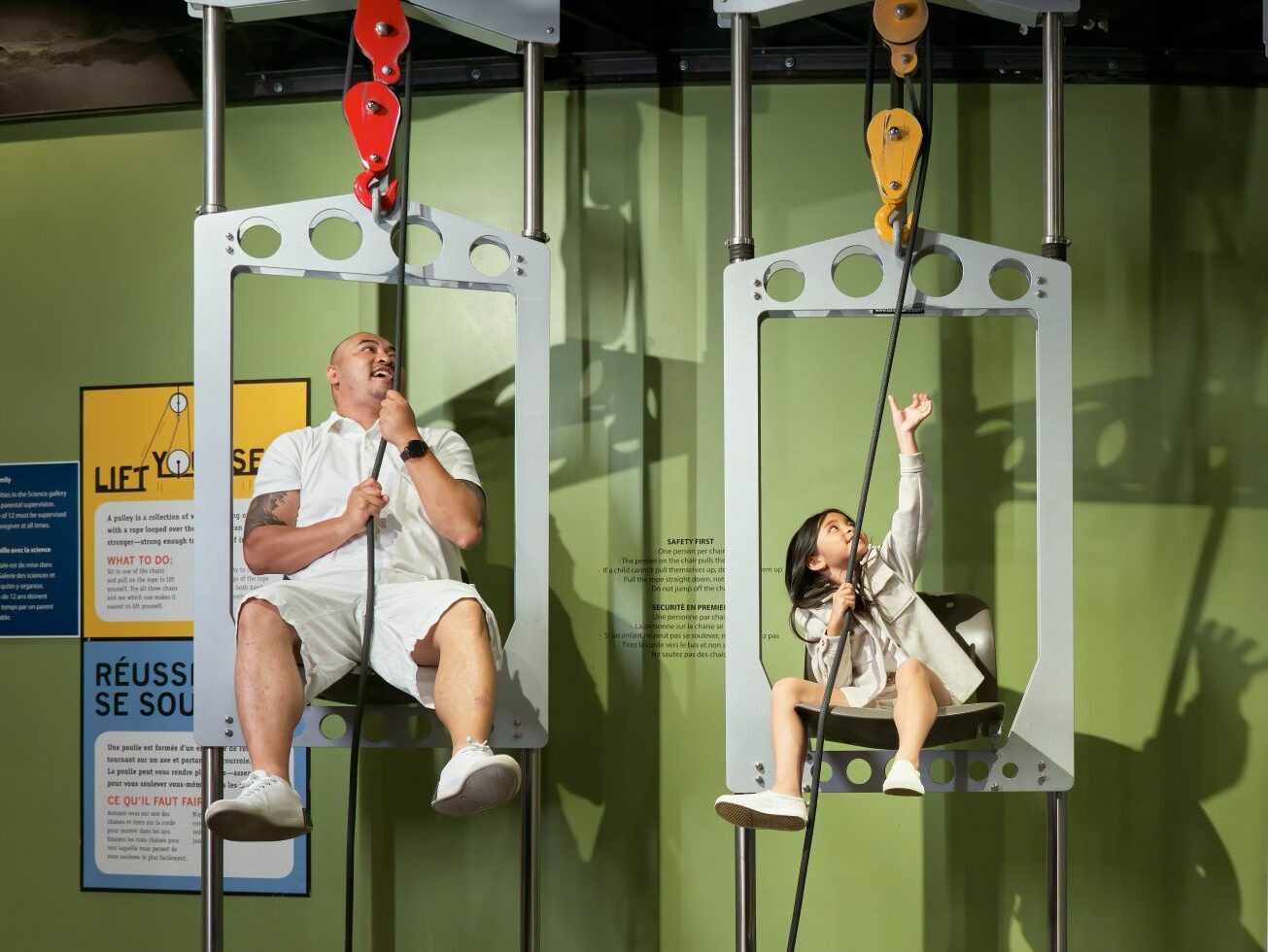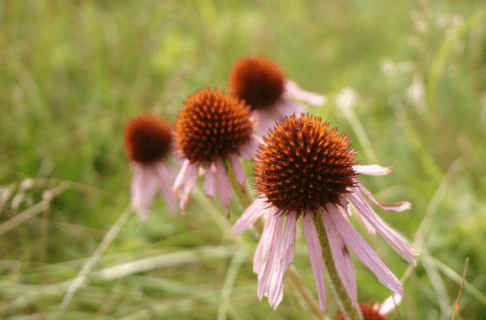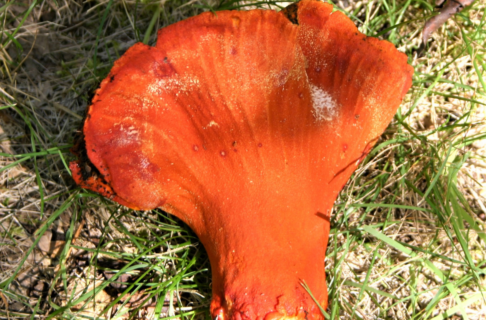Posted on: Wednesday January 14, 2015
While proofreading a scientific journal article I recently wrote, I found myself thinking “wow, this is really boring!” Scientists always write their journal articles in technical, impartial terms so as to sound as objective as possible. That’s part of the reason why scientific conferences are so enjoyable; you often get an opportunity to find out about the real problems scientists encountered while trying to conduct their field research. That got me thinking – what if scientists wrote the blunt, honest truth about our field research experiences instead of the dry, dispassionate scientific jargon that we feel compelled to write? So for your benefit here are some of the things a scientist might write in a journal article and what it might have actually meant.
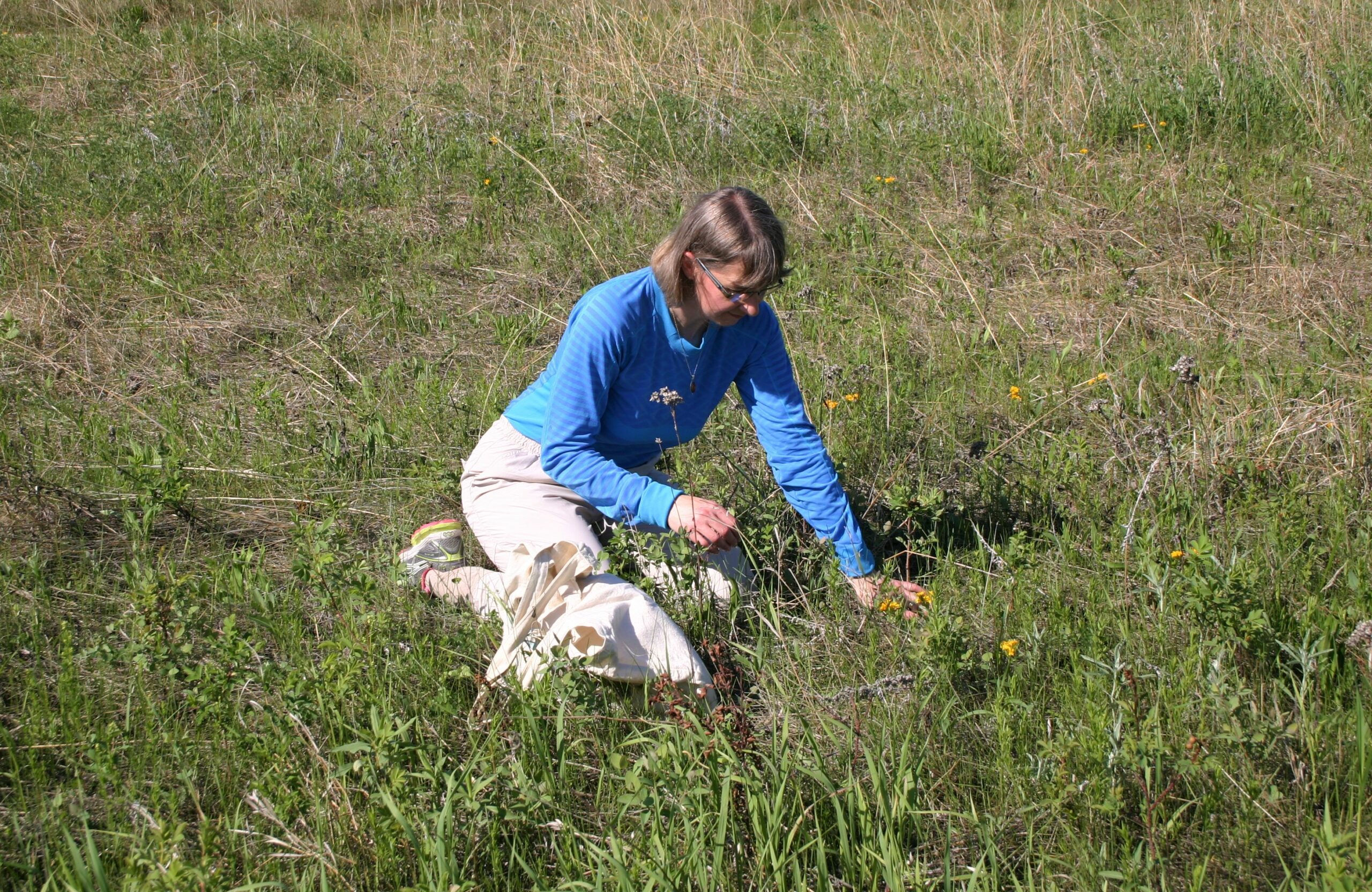
Due to a technical error, some data was unusable.
Translation: I dropped my portable computer in a swamp.
The first attempt at relocating the rare species was unsuccessful.
Translation: I couldn’t figure out how to use my new GPS.
The second attempt was also unsuccessful.
Translation: We couldn’t find the #$%&* thing!
The plant was located on the third field visit.
Translation: The guy we hired to pilot the boat found it.
Wildlife interference prevented collection of additional data.
Translation: A polar bear tried to eat me.
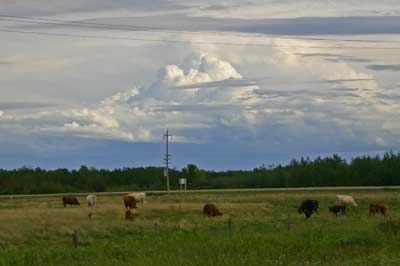
Voucher specimens of most insect species observed were collected.
Translation: The wily ones got away.
Collection locations are correct within a 1-km radius.
Translation: The batteries in my GPS died half way through the hike. The spares didn’t work either.
Images from the field trip were unrecoverable.
Translation: I forgot to put the memory card in my camera.
The maximum amount of time I could spend surveying was four hours.
Translation: I spent the other four hours getting my flat tire fixed.
Data from one of the plots could not be collected.
Translation: Rabbits ate the plants I was studying.
Due to inclement weather, the survey was not completed.
Translation: I was afraid of getting struck by lightning because I was carrying a metal hiking pole.
Now you might think I’m joking but some of the things I mentioned really happened either to me or someone I know. Guess which ones! So remember if you are ever reading something written by a scientist, there’s often a much more interesting story behind it than anyone will ever know.



